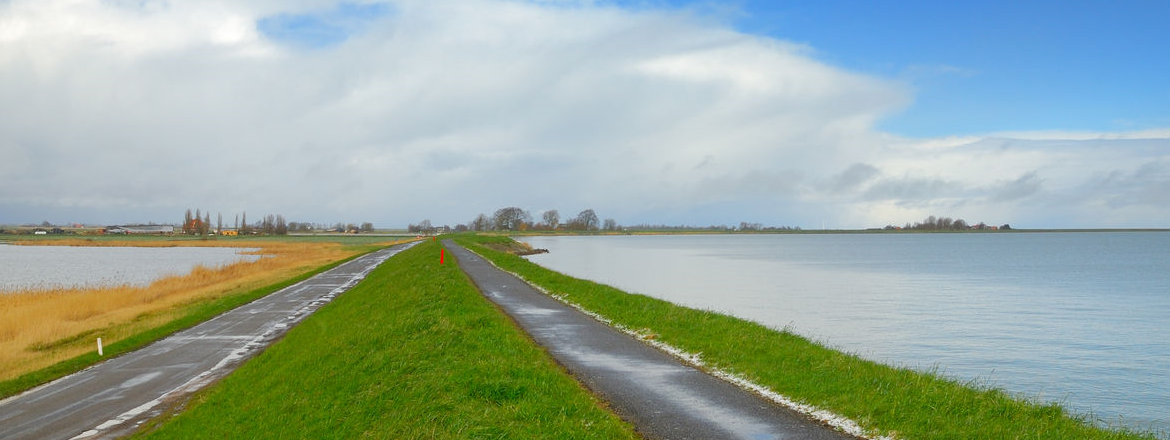Living Labs Workshop
| Date | Tuesday 5 November 2024 |
| Location |
Mundo Matongé SA/NV 0434.973.536
Rue d'Edimbourg 26
1050 Brussels
|
| Organised by | FACCE-JPI |
| Co-organisors | Aarhus University, JPI-HDHL, CREA, ILVO |
| Aims |
|
| Aimed at | Beginners and experienced professionals in Living Labs as a Science Policy Interface tool. |
| Outcome | Workshop Synthesis Paper: Insights and Strategies from Agroecosystem Living Labs at the Science-Policy Interface |
| Facilitator | Anna Kirkegaard Vaast |
Programme
|
Time
|
Programme
|
Description
|
|
09.30-09.45
|
Introduction and presentation of agenda
|
Formal welcome to participants with introduction of the purpose of the workshop and present the agenda.
|
|
09.45-10.45 |
Introduction with Keynotes Lectures: Living Labs in the Science-Policy Interface |
Lectures on the following topics:
|
|
10.45-11.00 |
Coffee break
|
|
|
11.00-11.30 |
Introduction with Keynote lectures: Living Labs in the Science Policy Interface |
Same as above.
|
|
11.30-13.00 |
Case study bazaar: Agroecosystem Living Labs and the Science-Policy Interface
|
Participants will ‘browse’ through various case studies that showcase the interactions between Agroecosystem Living Labs and the Science-Policy Interface. The objective is to provide participants with a comprehensive understanding of multiple approaches to the science-policy interface in Agroecosystem Living Labs through real-world examples and direct interaction with presenters. Each case study will be presented at a unique ‘stall’ where a speaker, acting as the stallholder, presents their testimony with the help of a visual poster. Case studies will be selected to highlight different factors and approaches to the science-policy interface, including: • Policy labs • Evidence-producing living labs • Top-down processes: (e.g. Living Laboratories Initiative in Canada) • Bottom-up processes Perspectives from different actors around a Living Lab: Organisers vs. Researchers vs Policymakers vs. Other Stakeholders (e.g. Occitanum Living Lab, FoodPilot Living Lab, AGROFORSYLL Living Lab) |
|
13.00-13.45 |
Lunch
|
|
|
13.45-14.30 |
Gathering ideas: Silent Brainstorm
|
Introduction (5mins) Participants put up post-its on posters with different questions in silence (20 min) (see below) • How to incentivise the involvement of policymakers (local, regional, city, and national)? • How do we maintain scientific integrity when using a co-creation stakeholder approach? • Keys to success: Driving actors: what is the difference between top-down vs bottom-up processes • How to deal with different values and framings from different stakeholders? • How do living labs and policy labs relate to or feed into policy processes? (including emerging processes such as citizen assemblies?) • How to ensure living labs are transformative or have the intended impact? • How to make sure the living lab/policy lab is equitable and just? Participants go to the posters they want to discuss further and 1 of the organizers/taskforce are standing with each poster. |
|
14.30-14.45 |
Coffee break
|
|
|
14.45-16.15 |
Group reflection in fish bowl format
|
|
|
16.15-16.30 |
Ending the workshop | Thanks to the participants, a few words on what happens from here with all the inputs, if possible – what are some of the major points from the day? Maybe some practical notes on dinner? Maybe just Thank you 😊 |
| 19:00 |
Optional: visit to Parliamentarium Dinner at Radisson Red Hotel |
Living Labs and/or Ghent Group meeting
 Registration website for Living Labs and/or Ghent Group meeting
Registration website for Living Labs and/or Ghent Group meetingLiving Labs and/or Ghent Group meetingregister@wur.nl
Living Labs and/or Ghent Group meetingregister@wur.nlhttps://event.wur.nl/living_labs_and_ghent_group_meeting
2024-11-06
2024-11-07
OfflineEventAttendanceMode
EventScheduled
Living Labs and/or Ghent Group meetingLiving Labs and/or Ghent Group meeting0.00EUROnlineOnly2019-01-01T00:00:00Z
Wageningen University & ResearchWageningen University & ResearchDroevendaalsesteeg 4 6708 PB Wageningen Netherlands
